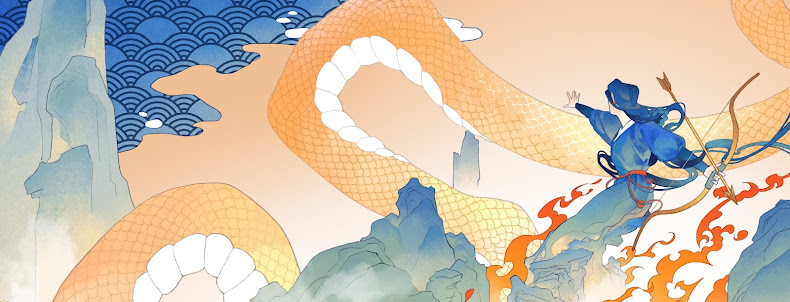I’m
giving this novel 3.7 stars.
This
was an entertaining novel that read like a melodrama. The plot is believable
and fastidiously executed. The writing is melodious and sentimental. The novel
is immensely rich in descriptive details, especially about court etiquette, palatial
decor, clothes and jewelry. Having recently read Robert Massie’s factual
non-fiction title Catherine the Great:
Portrait of a Woman, I can avow that this novel is based on meticulous research.
The
novel is written from the perspective of Varvara, a bookbinder’s daughter
turned spy in the Russian court during Empress Elizabeth’s reign. The first
two-thirds of the novel dwell on Elizabeth’s vagaries, her extravagance and her
suspicious and jealous nature, all seen through Varvara’s critical eyes. By
comparison, the character of Catherine the Great is given a much less detailed
treatment, although it can be said that Catherine is shown in a much less flattering
light here, compared to Massie’s biography.
Often,
the narrative is bogged down with Varvara’s personal maturing pains and many
unnecessary details about places and things that are unrelated to the
royalties. As much as Varvara functions as an effective narrator, it seems that
she occupies the center stage for too much of the novel to leave enough room
for the leading character – who should be Catherine, as the novel subtitle
suggests.
On
balance, it is a remarkable historical novel about 18th century
Russian court life. I’m giving it 3.7 stars.
